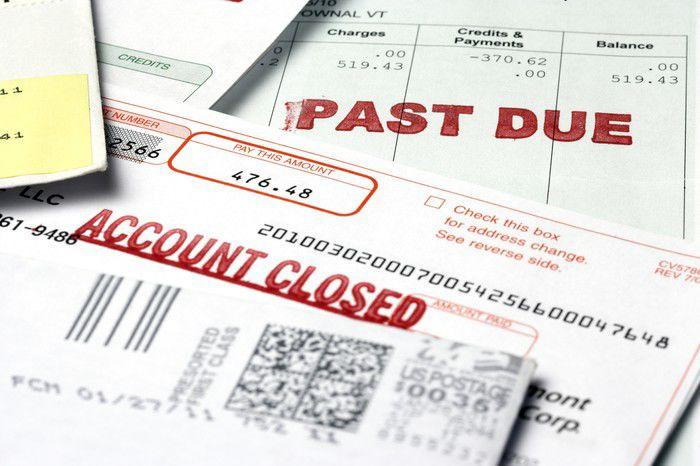
So, you’re in debt. That’s pretty common in America, where the average personal debt hit $38,000 in 2018 — not counting mortgage debt.
But, just because it seems like everyone is indebted doesn’t mean you have to be. In fact, carrying consumer debt has many big downsides, and there are ample reasons why paying it off should be a top priority. Here are four of those reasons why aggressively paying down debt — starting now — should be high on your list of money goals.
1. Debt can be costly
Being in debt is expensive. There’s no way around that. Even a low-interest loan such as a mortgage or student loan could cost you thousands of dollars in interest because of the long payoff timeline.
Some types of debt are worse than others, though — especially high-interest debt such as credit card debt. If you have a $5,000 credit card balance on a card at 14% interest and you make minimum payments equal to the lesser of 2% of the balance or $25, you would take 242 months to repay what you owe. During that time, you’d pay almost $5,887 in interest — which is more than the $5,000 balance you currently have.
As you can see, that’s a big chunk of change — and reason enough to pay down your debt ASAP. By doing so, you can quit making your creditors richer and yourself poorer.
2. Debt can affect your credit
Your credit report has details about all of the money you owe, as well as the percentage of available credit you use. This information is used to calculate something called your credit utilization ratio. If you have a credit card with a $1,000 limit and have charged $500 on it, you have a 50% credit utilization ratio.
Your credit utilization ratio is one of the most important factors that determines your credit score, second only to payment history. If your ratio is above 30%, your credit score is reduced. The higher the ratio, the bigger the impact on your credit score. So, by paying down your debt and reducing your credit utilization ratio, you can improve your credit score.
A better credit score could make it easier for you to qualify for favorable financing at low interest rates in the event you need to borrow money. It could help you get approved to rent an apartment when a landlord checks your credit. You could even get cheaper deals on car insurance with a better credit history.
The more quickly you pay down your debt, the better your credit utilization ratio will be, and the more your credit score will improve.
3. Debt can prevent you from accomplishing big goals
Did you know your debt could prevent you from buying a house or from getting another loan to do something important, such as starting a business? That’s because mortgage lenders — and many other lenders — look at your debt-to-income ratio when deciding whether or not to lend you money.
Your debt-to-income ratio is a ratio that shows your total monthly debt payments relative to your gross monthly income. If it’s too high, you won’t be able to qualify for new financing. The Consumer Financial Protection Bureau indicates most mortgage lenders require your debt-to-income ratio (including mortgage costs and other debt) to be below 43% and won’t loan you money for a home if it’s higher.
Some lenders have even more stringent debt-to-income requirements. So, pay down your debt so your ratio improves and you can borrow the money you need to do big things in the future.
4. Debt is a financial — and emotional — burden
Have you ever woken up at night worrying about how to pay your bills? This is an experience common to many Americans — and being in debt is one of the key reasons why. The more people you owe money to, the further your dollar has to stretch, and the more problems you’d have if your income falls.
If you’re debt free (or mostly debt free), you can cut your living expenses drastically during times of financial hardship. And you won’t have to worry about not being able to pay creditors and finding yourself facing collections activities, which could include lawsuits or garnishment of your wages.
Free yourself of the burden of working to pay your creditors by starting to pay down your debt right away.
Paying off your debt requires commitment, but it’s doable
Ready to pay down your debt now? As you can see, there are some very good reasons to get serious about sending in more money to your creditors. So, just pick a debt repayment strategy that works for you and start reducing your debt balances. When you’ve successfully paid down your debt, you’ll have more freedom and flexibility and a whole lot less financial worry — and you’ll be glad you made the effort.
























